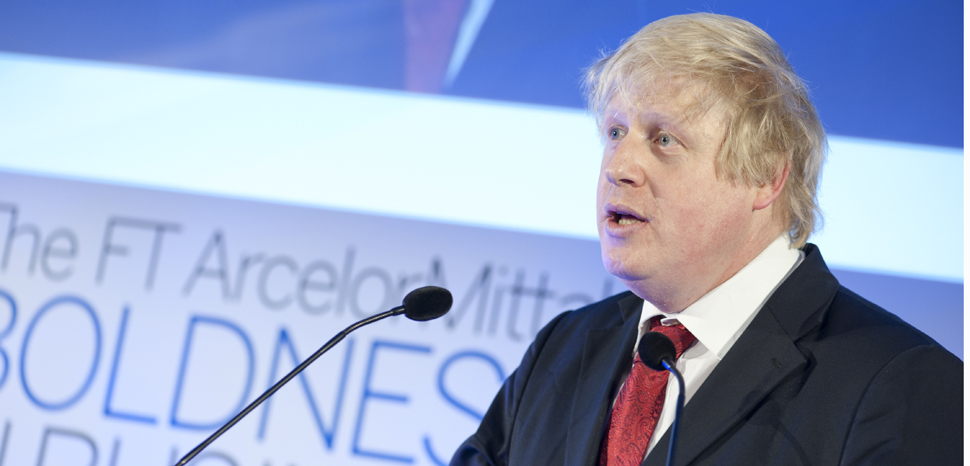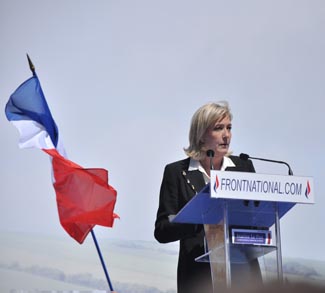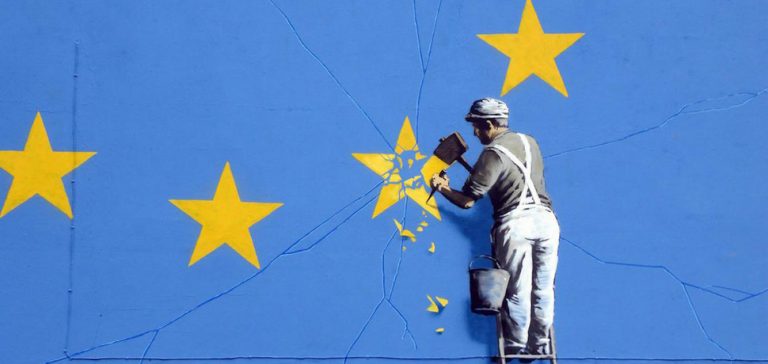Dominic Raab, the UK’s new Foreign Secretary, seems to have given up trying to reassure people that Britain can avoid crashing out of the EU without a deal this autumn.
On a visit to Toronto earlier this month, Mr Raab said that “the UK is at an important historic crossroads and the government is very clear that we will be leaving the EU on October 31st.”
Referring to the poll which triggered the Brexit, he said “there is a democratic verdict from the 2016 referendum that must be respected, whether or not we conclude a deal with the EU.”
Mr Raab was speaking at a joint press conference with Canada’s Minister of Global Affairs, Chrystia Freeland. Neither of them mentioned that formal talks between Canadian and British officials over a post-Brexit trading arrangement ground to a halt months ago
Canada is one of several countries which bases its current trade agreements with Britain on its membership of the EU. The Brexit threatens much disruption.
It presents particular challenges for foreign companies based in the UK, which are far less prepared for a “no deal” scenario than their British counterparts, according to Sally Jones from the accountancy firm Deloitte.
She says that on the whole, large businesses, such as banks, have prepared extensively by applying for banking licenses within the European Union, yet smaller companies are less ready.
In many cases, Britain’s post-Brexit trade arrangements will be based on exceedingly complex WTO rules. “They no longer print hard copies of these tariffs because they would take up too much paper. Nowadays it’s all online, many pages of numbers which apply across different industries,” explains Ms Jones.
The damage to Britain’s economic prestige is reflected in its tarnished currency. The pound has lost around a quarter of its value since 2015 and fell further following the surprising and unwelcome news that the UK’s economy shrank by 0.2% between April and June this year.
The Office of National Statistics said the numbers reflect contingency planning for Brexit by manufacturing companies. However, it also noted that Britain’s service sector – which accounts for most of the UK’s economic activity – delivered virtually no growth.
This prompted the new finance minister, Chancellor Sajid Javid, to head off to the TV studios in an effort to reassure the markets. He said he is “not expecting a recession at all. And in fact, don’t take my word for it. There’s not a single leading forecaster out there that is expecting a recession, the independent Bank of England is not expecting a recession. And that’s because they know that the fundamentals remain strong,” Mr Javid told the television cameras.
Such optimism is a characteristic of the senior ministers supporting Britain’s new prime minister, Boris Johnson, who has said that the government would “hope to reach an agreement with our EU partners but we will leave the EU in any event at the end of October.”
Such rhetoric gives the impression, often reinforced by the media, that a no-deal Brexit is now a fait accompli. Yet the markets’ view is that it remains significantly a less likely scenario than an exit accompanied by an agreement between Britain and the EU.
Jordan Rochester, a currency strategist in the London office of the Japanese bank Nomura International, puts the likelihood of a no-deal at around 30 percent, but says that overall “the market’s expectation is around 38 percent.”
So what’s his view on what happens to the value of the pound as Britain exits the EU?
“If there are adults in the room and if the WTO trading schedules are all sorted out and everything works fine on the first day, I think the pound will fall to $1.18 USD or maybe $1.15,” he says.
‘However, if something goes wrong, such as problems on the borders, or if we don’t know if we can continue to trade with our partners, then I am afraid we are talking $1.05 or even $1.01 against the dollar,” he told the BBC.
The outlook for sterling is also likely to be affected by a looming currency war. China has allowed the renminbi to drop against the dollar in response to its trade dispute with the US. There a signs other countries could follow suit with a competitive round of devaluations.
As well as worries over the economy and sterling, Boris Johnson’s Conservative party also has political pressures to contend with.
Its majority in the House of Commons is down to just one MP after an anti-Brexit candidate from the Liberal Democrats snatched a seat in a recent by-election. The Conservatives remain divided on whether to allow a no-deal Brexit or whether to go all out to try to stop it. The main opposition Labour Party is also conflicted on the issue.
“If Parliament does not act as quickly when it returns in September, the odds of no-deal Brexit go down to 50-50,” warns Jordan Rochester from Nomura.
The currency dealers are already preparing to take another swipe at the sterling. No optimistic rhetoric from Boris Johnson or his team will be enough to stop them.
**This article was originally published on August 9, 2019.




